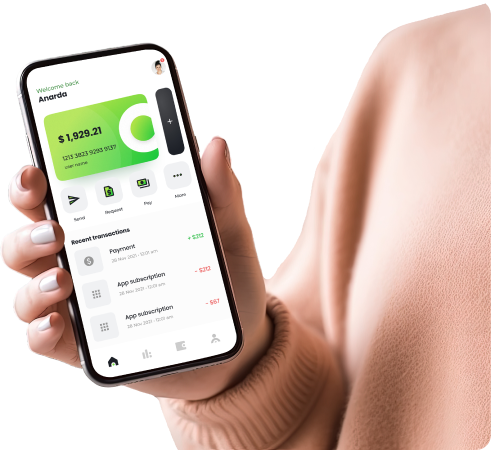Legal Disclaimer:
We may collect personal identification information from Users in a variety of ways, including, but not limited to, when Users visit our site, subscribe to the newsletter, fill out a form, and in connection with other activities, services, features or resources we make available on our Site. Users may be asked for, as appropriate, name, email address, mailing address, phone number, company name. We will collect personal identification information from Users only if they voluntarily consent such information to us. Users can always refuse to supply personally identification information, except that it may prevent them from engaging in certain Site related activities.
Credit Reporting Terms of Service
Lorem ipsum dolor sit, amet consectetur adipisicing elit. Harum, quod. Ratione ex delectus quis tenetur odio non alias numquam official ipsum dolor sit, amet consectetur adipisicing elit. Accusamus, laborum.
- Data Submission:Banks are required to submit borrower data to licensed credit bureaus within 72 hours of entering into credit agreements.
- Monthly Updates:Banks must update the status of credit facilities on a monthly basis.
- Consistent Reporting:Banks must submit data consistently to all licensed credit bureaus at the same time.
- Data Accuracy and Integrity:Banks must ensure that the data they submit is accurate, comprehensive, and up-to-date.
- Improved Credit Ecosystem:The sharing of credit information helps to create a more robust and efficient credit ecosystem, benefiting both lenders and borrowers.
- Access Control:Access to credit reports is limited to authorized users and requires the consent of the credit information subject.
- Credit Bureaus’ Responsibility:Credit bureaus are responsible for protecting the confidentiality of credit information and ensuring the security of their databases.
Ownership of Site Agreement to Terms of Use
Terms of Use agreements act as a legally-binding contract between a company and its users. These agreements establish rules and guidelines for users to agree to and follow to access a mobile app or website.
They allow you to disclose important pieces of information, as well. In a Terms of Use, you can lay out what happens if users abuse your mobile app or website. You can also use your Terms of Use to define abuse, which typically includes posting lewd content, spamming users, and other undesirable activity.
If you have a website or mobile app that hosts user-generated content, your Terms of Use agreement can define what is considered harmful language and what your company will not tolerate. While it may seem like these guidelines are nit-picky and too detail-dense, it’s an essential way for your company to inform customers and define guidelines.
Limitation of Liability
Limitations of liability are contractual provisions that restrict the amount or scope of damages a party can be held responsible for in case of breach, negligence, or other legal claims. These clauses are designed to manage risk and provide certainty for both parties, often capping damages or excluding certain types of losses such as consequential or indirect damages. However, their enforceability varies depending on jurisdiction and the specific circumstances, especially if they are deemed unconscionable, overly broad, or not adequately disclosed. It is important for parties to carefully draft and review these clauses to ensure they are fair, clear, and compliant with applicable laws to avoid potential disputes or unenforceability.
Accounts, Passwords and Security
Accounts, passwords, and security are fundamental to protecting personal and organizational data; using strong, unique passwords, enabling multi-factor authentication, and regularly updating credentials help safeguard sensitive information from unauthorized access and cyber threats.



